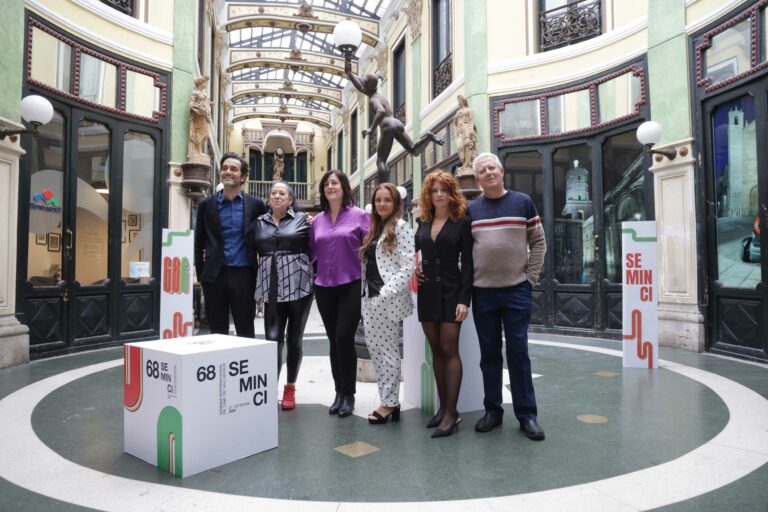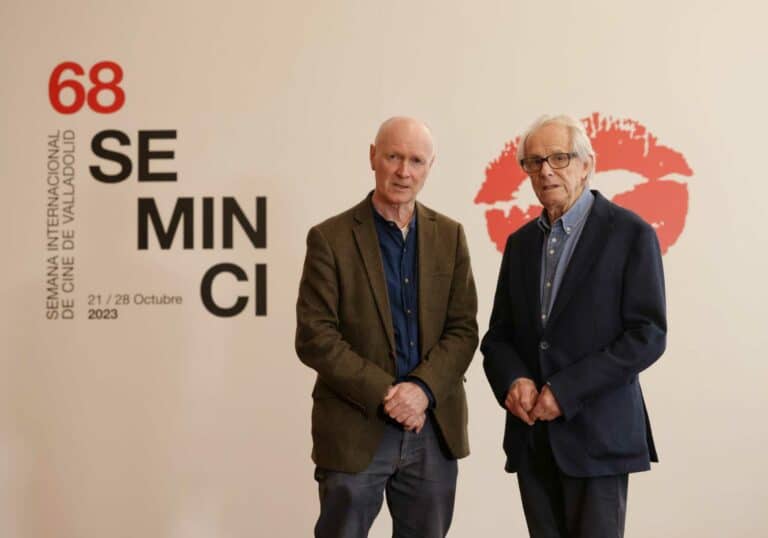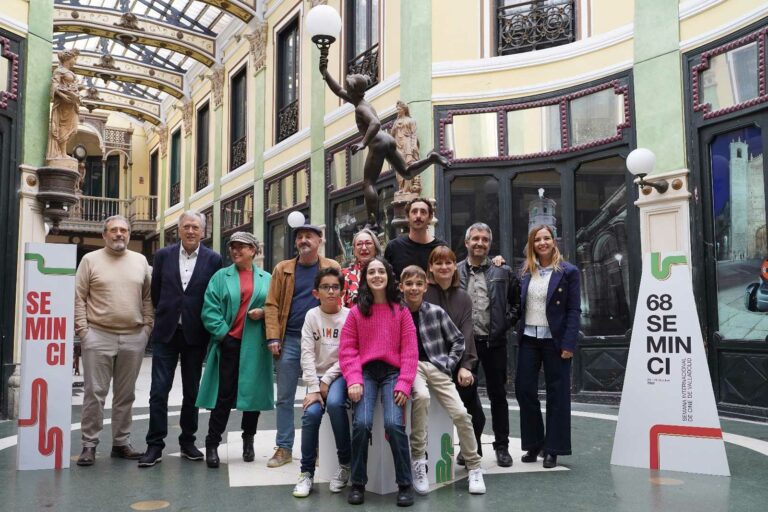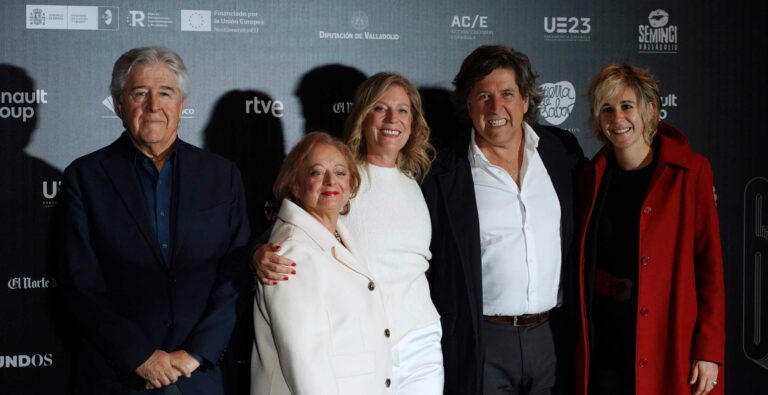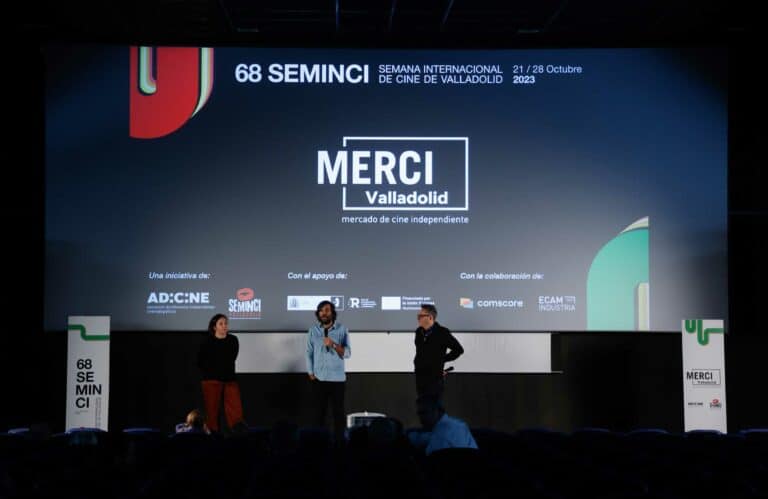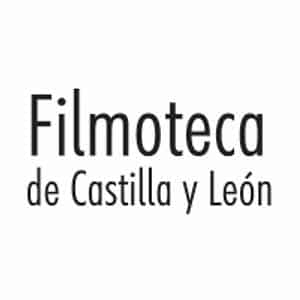Posidonia, the latest documentary by Adán Aliaga, has premiered on the screens of the Valladolid International Film Festival. The full-length film, which is part of the DOC.Spain section and is also candidate for the Green Spike, was presented to the public by its director on Tuesday 26th October.
“It is a piece that moves through the genre of fiction and dystopian science fiction,” said the filmmaker. Produced by Jaibo Films, the film focuses on the secrets of Posidonia, the longest-living creature on the planet. Everyone thinks it’s seaweed, but it’s a plant and it flowers. Its beautiful flowering should be the end of the film. But a global pandemic will turn events upside down.
The film was shot on the island of Tabarca, a small place off the coast of Alicante: “It’s a place where I’ve spent many years and it’s where I’m going to write,” Aliaga told the audience, adding that it is also “the smallest populated island in the Mediterranean Sea. The director also said that the idea for the documentary was born a few years ago. After finishing shooting a fiction film on the island of Tabarca, I felt the need to tell the reality of the small town once winter came and it was left alone,” said the Alicante-born director. That is why Adán Aliaga decided to structure Posidonia in relation to the seasons, as “the island mutates and transforms with the passing of time,” the filmmaker explained.
On the other hand, the director affirmed that the arrival of the pandemic had a great effect on the production of this documentary, since “I had to integrate the confinement into the story,” he explained. This event allowed him to reflect on what kind of film he wanted to make: “I gradually transformed the script until it became the director’s obsession, which in this case was me, to try to capture the flowering of the Posidonia.”
Before ending his presentation, the filmmaker added that, in addition to researching this plant in depth, he also wanted to emphasise the feature film in the reality of the coexistence of Posidonia with human beings. “Its relationship with tourism is complicated,” said Aliaga, who affirms that in order to tell viewers about this coexistence he opted for a more dystopian point of view.



